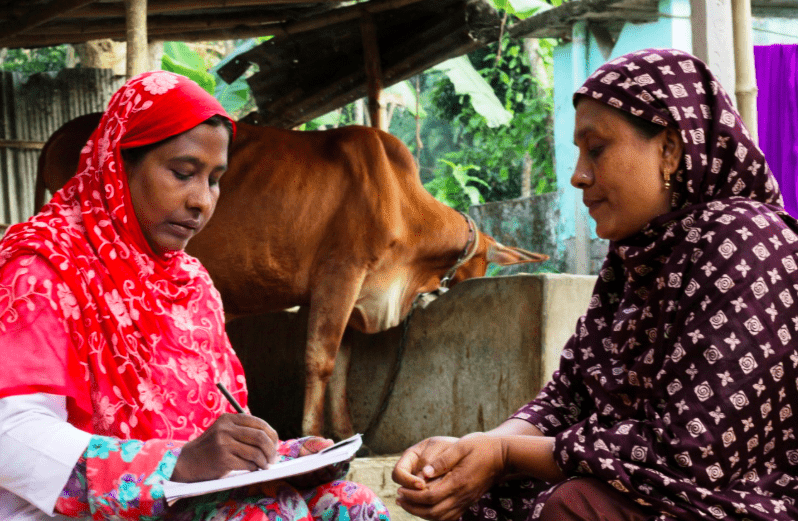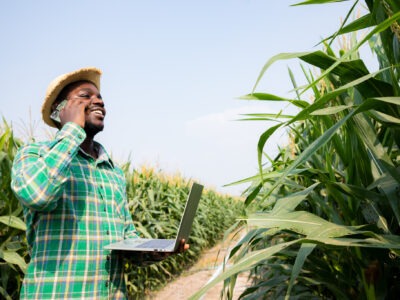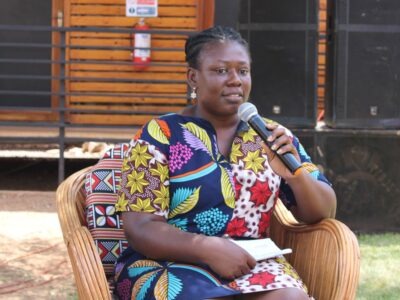
The International Day of Women and Girls in Science, celebrated annually on February 11, recognizes the need to support women and girls in achieving equitable access to science. It is also an opportunity to take stock of global development programs and their role in helping women take advantage of scientific and technological innovations that make farming easier and more profitable.
Bangladesh, home to more than 160 million people, is expected to add another 40 million people to its population by 2050. This tremendous growth puts pressure on the country’s already strained agriculture sector, resulting in food insecurity for an estimated 35 percent of the population. Malnutrition is also severe, with about 70 percent of diets lacking adequate protein and micronutrients.
The Feed the Future Bangladesh Livestock Production for Improved Nutrition (LPIN) project that we implement reduces food insecurity by increasing livestock production and improving nutrition in rural households. To meet nutrition goals, however, gender-inclusive solutions are essential.
Equipping Women to Overcome Barriers
Women are critical to agricultural systems but continue to face challenges, such as a lack of access to extension services, resulting in lower agricultural productivity. Women are also more likely to experience food insecurity and malnutrition, which can be especially detrimental to children, as a major source of childhood stunting is due to maternal iron deficiency.
Increasing women’s knowledge of the scientific and technological aspects of livestock production, in addition to their confidence to carry out livestock-related tasks, will reduce this gender gap. Extension services, like those offered by livestock service providers and community agents in Bangladesh, are a critical link between farmers and government initiatives, offering training and technical assistance.
LPIN Project Shares Livestock Best Practices and Health Messaging
The LPIN project works with livestock service providers and community agents on best practices in cattle rearing, feed management, disease prevention, better breed selection, and more. Social and behavior change communication educates farmers on the importance of hygiene and the health benefits of meat and dairy. The project also works with local religious leaders to engage men and stress the importance of household nutrition.
It is also important that livestock service providers consider the specific needs of women, such as household duties, childcare, or a lack of access to resources. Women should also be encouraged to serve as livestock service providers or community agents. Research shows that when women serve as extension agents, female farmers benefit. In a 2018 LPIN project report, female livestock service providers reported that women were increasingly making use of their services.
Through the LPIN project, 69 female livestock service providers learned to deliver information about the science of livestock rearing, healthcare, and farm management technologies, while 295 female community agents took part in Training of Trainer courses on nutrition and behavior change.
Women also have a better standing within their communities and are more involved in household decision making, including how to spend household income. The number of women reporting that they make personal decisions about livestock rearing grew from 54 percent in 2017 to 80 percent the following year.
Now in its fourth year, the LPIN project continues to support women in the scientific and technological aspects of livestock production while working with men to stress the importance of women’s roles in livestock production.





